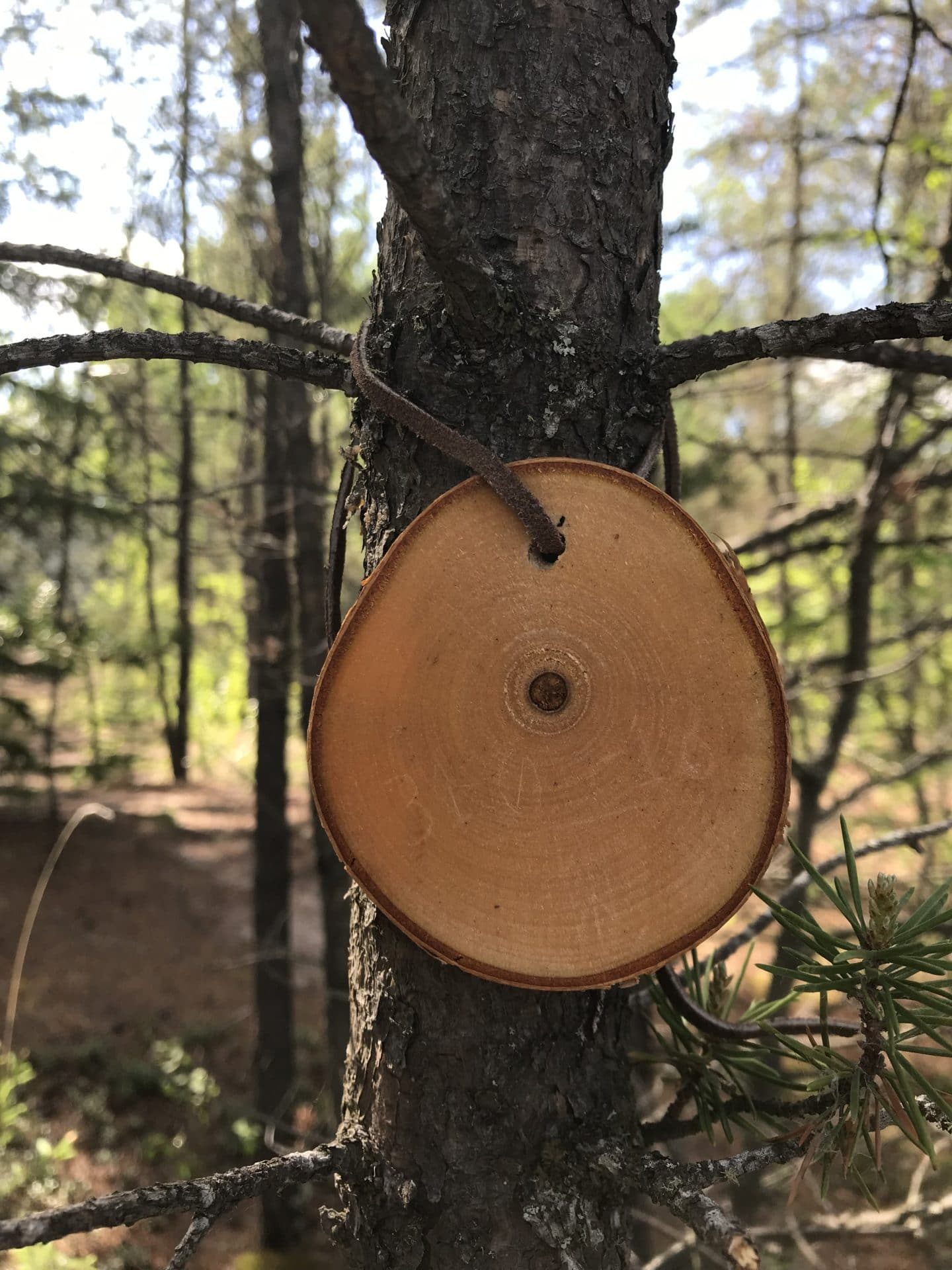
I accompanied my son on a grade 12 camping trip to Mustus Lake.
Upon arrival, the boys quickly set up their tents, grabbed their fishing gear and headed out in canoes. I added to the excitement at the front end of their fishing trip by offering up a $20 reward for the biggest fish.
While the boys were out fishing I sat down and read the final chapter of “Mindest – The new psychology for success” by Carol Dweck. The book contrasts two different types of mindsets: fixed & growth.
The fixed mindset stems from a belief that talent is innate and static. The growth mindset is characterized by the belief that talent can be developed.
Fixed vs. Growth Mindset
At times we all fall into the trap of the fixed mindset. For some, including myself, the fixed mindset dominates our psyche and gets in the way of success. I came to appreciate just how much of my functioning is impacted by a fixed mindset through the examples and stories in the book.
The fixed mindset avoids challenges while the growth mindset embraces them.
The fixed mindset gets defensive or gives up easily in the face of obstacles while the growth mindset persists.
The fixed mindset sees effort as an indication that you are not a “natural” while the growth mindset views effort as the path to mastery.
The fixed mindset ignores negative feedback while the growth mindset learns from criticism.
The fixed mindset feels threatened by the success of others while the growth mindset finds lessons and inspiration in others success.
“Catch and Release” or “Keep and Clean”
When the boys returned from fishing I insisted that any of them who had kept a fish in order to have a chance at the $20 reward were required to clean their own fish. The fixed mindest jumped into action. The protests from each student were remarkably similar.
Student: I don’t know how to clean a fish.
Me: I will teach you.
Student: I will do a terrible job and waste the meat.
Me: Who cares?
Despite the moaning and groaning, they stepped up and cleaned the fish. Did they waste some meat … yup. Was it worth it? Absolutely. This was the first time some of the boys had cleaned a fish.
A Growing Mindset
One student, upon learning that it was possible for him to clean a fish, was quick to offer up his filleting services to other students after their next outing. I saw the mindset slowly transform from fish #1 to fish #4.
I don’t know how to clean a fish was replaced with:
“Bring those slimy bad boys over here – I got this.”
By the time fish #4 was filleted and deboned the process had evolved from me providing explicit step by step instructions to standing back and providing only minor course corrections.
Clean a Difficult Conversation
Difficult conversations are much like cleaning fish. We weren’t born with the skills to clean fish or have difficult conversations.
If you’ve been avoiding difficult conversations, lurking just below the surface is likely a fixed mindset. Will you waste some meat (aka experience some failure) when you first start? Probably. Who cares? I do.
Can failure be mitigated by coaching and practice? Absolutely.
Fish #1 is Free! Let’s Chat





